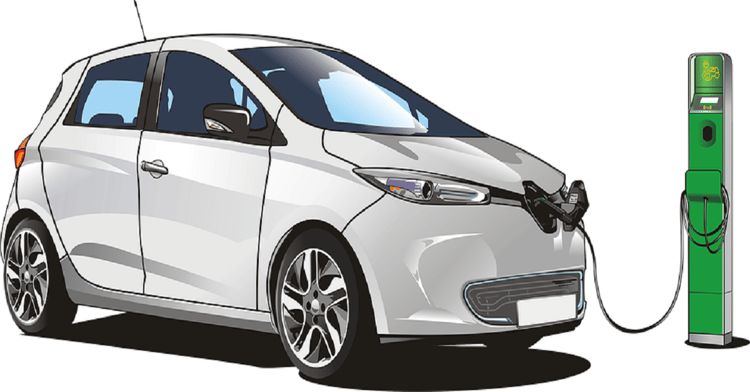
Most large car manufacturers, and other interested parties, are heavily involved in improving electric vehicle (EV) design, efficiency, and battery life. An equal number of scientists and engineers are involved in the research, production, and installation of the most efficient, cutting edge charging points, to be able to cope with an increasing number of EVs. With the government’s stated intention to be all electric by 2040, without effective smart-charging points, the whole vehicular transport system could come to a grinding halt.
Electric Vehicles Will Continue To Increase
Of a total of 26 million vehicles on UK roads, there are presently around 37,000 hybrid or electric vehicles; a small but steadily growing percentage. With cities across the UK bringing in clean-air zones, and heavy fines if your emissions are above the limits, that number will continue to rise year on year. Imagine the chaos that would ensue in 20 years’ time when 26 million electric car owners all plug their vehicles in at the same moment, without effective smart charging points.
What Are EV Charging Points?
Already, many new-build homes are having EV charging points included for one or more cars. Manufacturing and commercial buildings will require significantly more, to cope with charging delivery vehicles and company cars, not to mention the cars of employees. Installing smart charging points will level out the power supply to the chargers. For example, if the maximum power source from your building is 30A and you have a single charging point with two sockets, one car would charge at the maximum 30A available. If however, two cars are plugged in, both would charge at 15A each. If you had two smart chargers with dual sockets, and plugged in four EVs, each would charge at 7.5A. But smart chargers go further than that.
We’ve all heard of early evening peak electricity consumption times, when people arrive home from work. TVs and lights go on, kettles get boiled, hot baths run, and electric cookers are switched on. Adding a few million (give or take) electric vehicles being plugged in as well, doesn’t bode well for the UK’s electricity grid. Unless, of course, you’ve got smart charging points. Smart chargers will ensure your vehicle charging is carried out during economic hours, such as midnight to six am. Unless your business operates 24/7, that means your vehicles can charge when operational plants are resting.
Fully Qualified, Highly Experienced, Smart Charger Installers
At Lowe & Oliver, working with our research and manufacturing partners we have been involved in the installation, maintenance and servicing of both domestic and commercial smart charging points since their inception. If you would like more information on having EV smart charging points installed, or are interested in any grants available, please fill out our online contact form, or phone your nearest Lowe & Oliver office.
Image source: Pixabay




